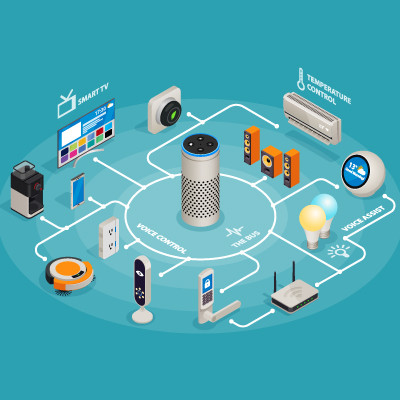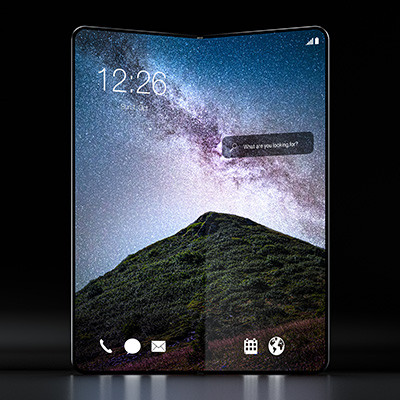Master Solutions Blog
The Internet of Things (IoT) is one of the most intriguing technologies businesses can use. When brought into the fold, it has changed how offices function, bringing a range of benefits that enhance efficiency, productivity, and security. IoT devices and systems can streamline processes and create a more comfortable, productive, and sustainable work environment. This month, we discuss how small businesses can use IoT to improve their operations.
Ever seen those cool digital screens at stores or restaurants showing deals, menus, or videos? They’re called digital signs, and they’re super helpful for businesses—big or small! Let’s break down why they can be great for yours, too.
The Internet of Things (IoT) is no longer a futuristic concept. It's here, and it's transforming the way businesses operate in 2024. From manufacturing to healthcare, IoT applications are making waves. They're enabling real-time data collection and analysis, leading to smarter decision-making.
Businesses everywhere are adding smart devices to their IT, and for good reason. They offer convenience and efficiency but can pose a significant network security risk. These devices, part of the Internet of Things (IoT), often lack robust security features. This makes them an attractive target for cybercriminals.
January is host to the Consumer Electronics Show, or CES, which takes place in Las Vegas. It’s an opportunity for companies to show off thousands of neat ideas, concepts, and devices, and if you’re a tech nerd like us, it’s total heaven. It’s also interesting to see what trends can be seen and how they might be brought into a business or consumer landscape.
Foldable phones are an interesting anomaly in recent technological development. The traditional flip phone eventually gave way to the large-screened smartphone, but now the smartphones have veered in the direction of folding. There is a considerable amount of excitement about these devices in some circles, but issues with pricing and fragility have kept them from going too mainstream yet. However, there are some arguments in favor of them that we want to examine today.
 Tablets are definitely becoming a staple in the consumer electronics world. For the longest time, the tablet PC was an expensive, clunky device that just didn't wow consumers. Some businesses had adopted tablets back in the day, but they were difficult to use, hard to support, and they simply didn't perform for the price tag. However, like many consumer electronics, Apple reinvigorated the tablet market with the original iPad, and now it would seem tablets are here to stay. The question is, are they right for businesses?
Tablets are definitely becoming a staple in the consumer electronics world. For the longest time, the tablet PC was an expensive, clunky device that just didn't wow consumers. Some businesses had adopted tablets back in the day, but they were difficult to use, hard to support, and they simply didn't perform for the price tag. However, like many consumer electronics, Apple reinvigorated the tablet market with the original iPad, and now it would seem tablets are here to stay. The question is, are they right for businesses?






